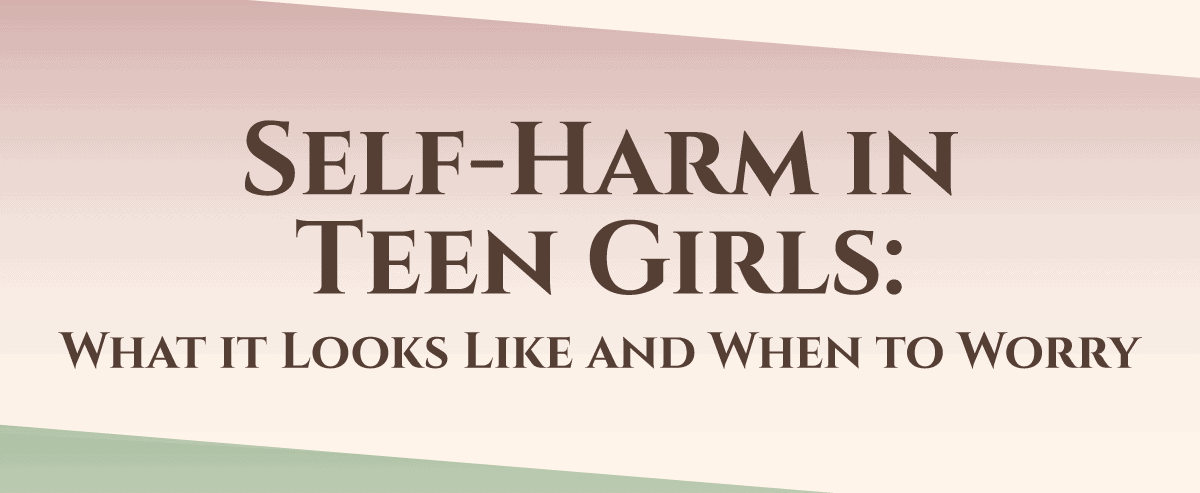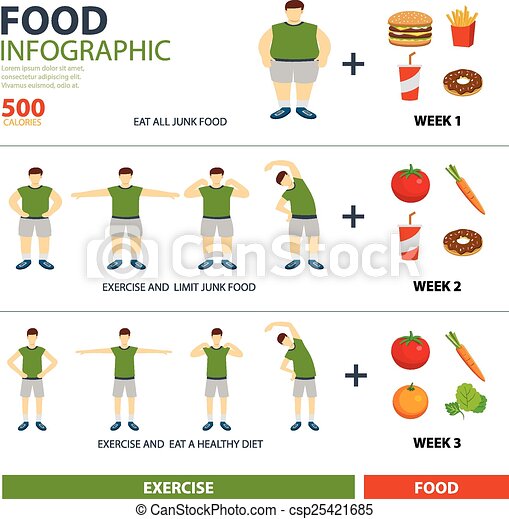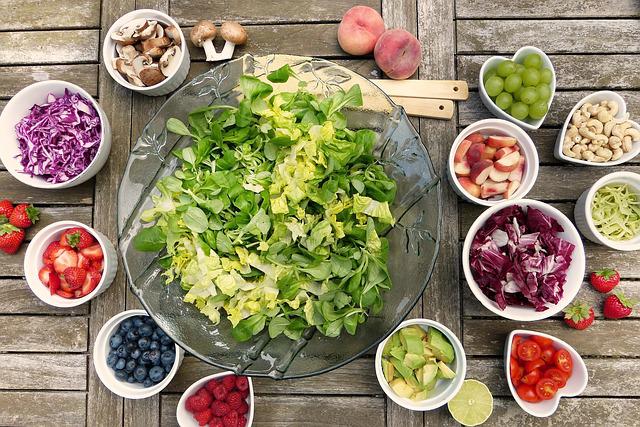
Urinary problems are one of many health issues that elderly people face. Incontinence can be an embarrassing and frustrating condition. It can also affect the quality of life and the health of older people. There are ways to manage home incontinence. This can include a few minor changes and support from an elder care provider.
Incontinence is not a disease. It can occur as part of aging. If you are caring for an incontinent individual, it is important to maintain their dignity and respect. This is especially important for those with dementia.
There are many reasons for urinary incontinence. These include overactive bladder and problems with the prostate gland. The first step to effective treatment is to identify the source of your incontinence. A doctor's visit is often necessary for a complete diagnosis. The doctor will perform a physical examination and ask questions regarding the symptoms of incontinence. The doctor will also inquire about current medications and recent injuries or illnesses. If there is an underlying condition that causes incontinence, the doctor may suggest a treatment plan, such as losing weight and quitting smoking.

A doctor might also request medical tests, such as a urine and blood test. These tests will allow for a precise diagnosis of the reason for incontinence. Keep a journal detailing the symptoms and times that you urinate each day. This will help the doctor track the progression of incontinence.
The caregiver should be able to place a portable commode in the patient's room if they are unable for the patient to access the bathroom. A person might not remember where the bathroom is or how to get there. Reminders to use the toilet are helpful for some dementia patients. Keeping the door open and watching for non-verbal cues are good ways to keep the person on track.
If the person is resistant to wearing pull-up underwear, it is important to inform them of the benefits of pull-ups. You can also give the person a few sample sizes to help them pick the right fit. The person will feel more comfortable wearing pull-ups underwear, which will make them more likely to wear them.
Incontinence care can include simple lifestyle changes such drinking more water or eating more fruits and veggies. Caregivers should also avoid caffeine, sweeteners, and alcohol, as these may irritate the bladder. It is important that the person not go to the bathroom for too long after urinating. It is also a good idea to provide a senior with protective undergarments to help them maintain their dignity.

Aside from providing the senior with the proper care, a caregiver also needs to be patient and respectful. When accidents occur, it is best not to scold the patient. Also, caregivers need to be aware if the patient is requesting to use the bathroom.
FAQ
What weight should I be based on my age and height. BMI calculator & chart
The best way to determine how much weight you need to lose is to use a body mass index (BMI) calculator. A healthy BMI range is between 18.5 and 24.9. Aim to lose 10 pounds per month if your goal is to lose weight. Simply enter your height/weight into the BMI calculator.
This BMI chart shows you if it is possible to identify if you are either overweight or obese.
Exercise: Good or Bad for Immunity?
Exercise is good for your immune system. When you exercise, your body produces white blood cells which fight off infections. You also get rid toxins. Exercise can help prevent heart disease and cancer. Exercise can help reduce stress.
Exercising too often can cause your immune system to be weaker. If you work out too hard, your muscles become sore. This can lead to inflammation and swelling. To fight infection, your body will produce more antibodies. However, these antibodies can also cause allergic reactions and autoimmune diseases.
So, don't overdo it!
How do you know what is best for you?
You must listen to your body. Your body knows what you need when it comes time to eat, exercise, and get enough rest. It's important to pay attention to your body so you don't overdo things. Take care of yourself and listen to your body.
What is the difference between a virus and a bacterium?
A virus is an organism microscopic that can't reproduce outside its host cells. A bacterium is a single-celled organism that reproduces by splitting itself in two. Viruses are small, around 20 nanometers in size. Bacteria are much larger, at 1 micron.
Viruses are usually spread through contact with infected bodily fluids, including saliva, urine, semen, vaginal secretions, pus, and feces. Bacteria are usually spread through direct contact with contaminated objects or surfaces.
Viral infections can also be introduced to our bodies by a variety of cuts, scrapes or bites. They can also get into the skin through the nose, mouth and eyes, ears as well as through the rectum, rectum and anus.
Bacteria can get into our bodies through cuts, scrapes and burns, insect bites, or other skin breaks. They can also be introduced to our bodies by food, water and soil.
Both viruses and bacteria can cause illness. Viruses cannot multiply in their host cells. So they only cause illnesses when they infect living cells.
Bacteria can multiply within their hosts and cause illness. They can also invade other parts of your body. We need antibiotics to get rid of them.
Statistics
- This article received 11 testimonials and 86% of readers who voted found it helpful, earning it our reader-approved status. (wikihow.com)
- According to the 2020 Dietary Guidelines for Americans, a balanced diet high in fruits and vegetables, lean protein, low-fat dairy and whole grains is needed for optimal energy. (mayoclinichealthsystem.org)
- nutrients.[17]X Research sourceWhole grains to try include: 100% whole wheat pasta and bread, brown rice, whole grain oats, farro, millet, quinoa, and barley. (wikihow.com)
- Extra virgin olive oil may benefit heart health, as people who consume it have a lower risk for dying from heart attacks and strokes according to some evidence (57Trusted Source (healthline.com)
External Links
How To
10 Tips for a Healthy Lifestyle
How to keep a healthy lifestyle
Our fast-paced world means that we aren't getting enough sleep, don't eat enough, drink too much alcohol, and smoke too many cigarettes. We don't properly care for our bodies.
When you work full time and have to balance your exercise and diet regimens, it can be hard to create a healthy lifestyle. If you feel stressed, it becomes more difficult. Your mind will tell you that this situation is too much so we end up feeling guilty and giving up.
It is possible that your body is experiencing problems. You should see a doctor and ask him/her what he/she thinks about your current condition. If nothing is abnormal, it might be stress due to your job.
Some people believe that their job allows them to exercise regularly, or they have friends who support them in staying fit. But those people are actually lucky. These people have no problems. They had everything under control. I wish everyone could become like them. Unfortunately, many of us don’t know how to manage our personal and work lives. Bad habits can lead to heart disease, diabetes, and other diseases.
These tips can help you improve your lifestyle.
-
Get enough sleep, minimum 7 hours, maximum 8 hours. This means sleeping properly and not consuming caffeine in the hour before bed. Caffeine blocks melatonin hormones which makes it difficult to fall asleep. You should also ensure that your bedroom has a dark, clean environment. You should use blackout curtains if possible, especially if your work is late at night.
-
Eat healthy. Have breakfast every morning. Try to avoid sugar products, fried foods, processed food and white breads. Lunch should include fruits, vegetables, and whole grains. Afternoon snacks are recommended to be rich in protein and fiber, such as nuts, seeds, beans, fish and dairy products. Avoid junk food like chips, candy bars, cakes, sodas, and cookies.
-
Drink plenty of water. Almost everyone doesn't drink enough water. Water can help us burn more calories, keep our skin supple and young, flush out toxins and improve our digestion. Drinking six glasses of liquid daily will help you lose weight quickly. The best way to measure your hydration level is by checking the color of your urine. A yellow urine color indicates that you are dehydrated. An orange urine color means that you are slightly dehydrated. Pink urine means that your hydration level is normal. Red urine means that you are overhydrated. Clear urine means that your urine is highly-hydrated.
-
Exercise - Regular activity can increase energy and decrease depression. Walking is a good way to get fit and improve your mood. Walking is easy, but it takes effort and concentration. Your brain needs to concentrate on walking, while taking deep breaths and slowing down. A 30-minute walk for 100 to 150 calories can be burned in 30 minutes. Start slow and build up gradually. Stretching after exercise is important to avoid injury.
-
Positive thinking is important for mental well-being. When we think positively, we create a happy environment inside ourselves. Negative thoughts cause anxiety and drain our energy. Focus on what you want and do the things that will keep you motivated. You can break down all the tasks into smaller pieces if you feel overwhelmed. Be aware that you will fail at times, but don't despair. Just get back up and start over.
-
Learn to say no. Too many people are so busy they don't even realize how much wasted time they waste on unnecessary tasks. It is important to be able to say No when needed. Saying 'no' does not mean being rude. You are simply saying "no" to something. There are always other options to finish the job later. Set boundaries. You might ask for the help of someone else. Delegate the work to someone else.
-
Take care of your body - Keep track of your diet. You can boost your metabolism by eating healthier foods. Do not eat anything too heavy or oily because they tend to raise cholesterol levels. Good advice is to have at least three meals and two snacks per day. You should consume around 2000 - 2500 calories per day.
-
Meditate - Meditation can be a great stress reliever. You can relax your mind by simply sitting still and closing your eyes. This exercise will allow for clarity of thought and be extremely helpful in making decisions. Regular meditation practice will help you be calmer, happier, and more peaceful.
-
Breakfast is the most important meal you should eat each day. Skipping breakfast could lead to eating more lunch. You don't have to wait until noon to enjoy a healthy breakfast. A healthy breakfast can boost your energy levels and help you control your hunger.
-
Good food is healthy. Avoid junk food and other food items that have artificial or preservative ingredients. These foods make your body feel acidic, and can cause you to crave them. Fruits and vegetables are rich in vitamins and minerals that improve overall health.
-
***